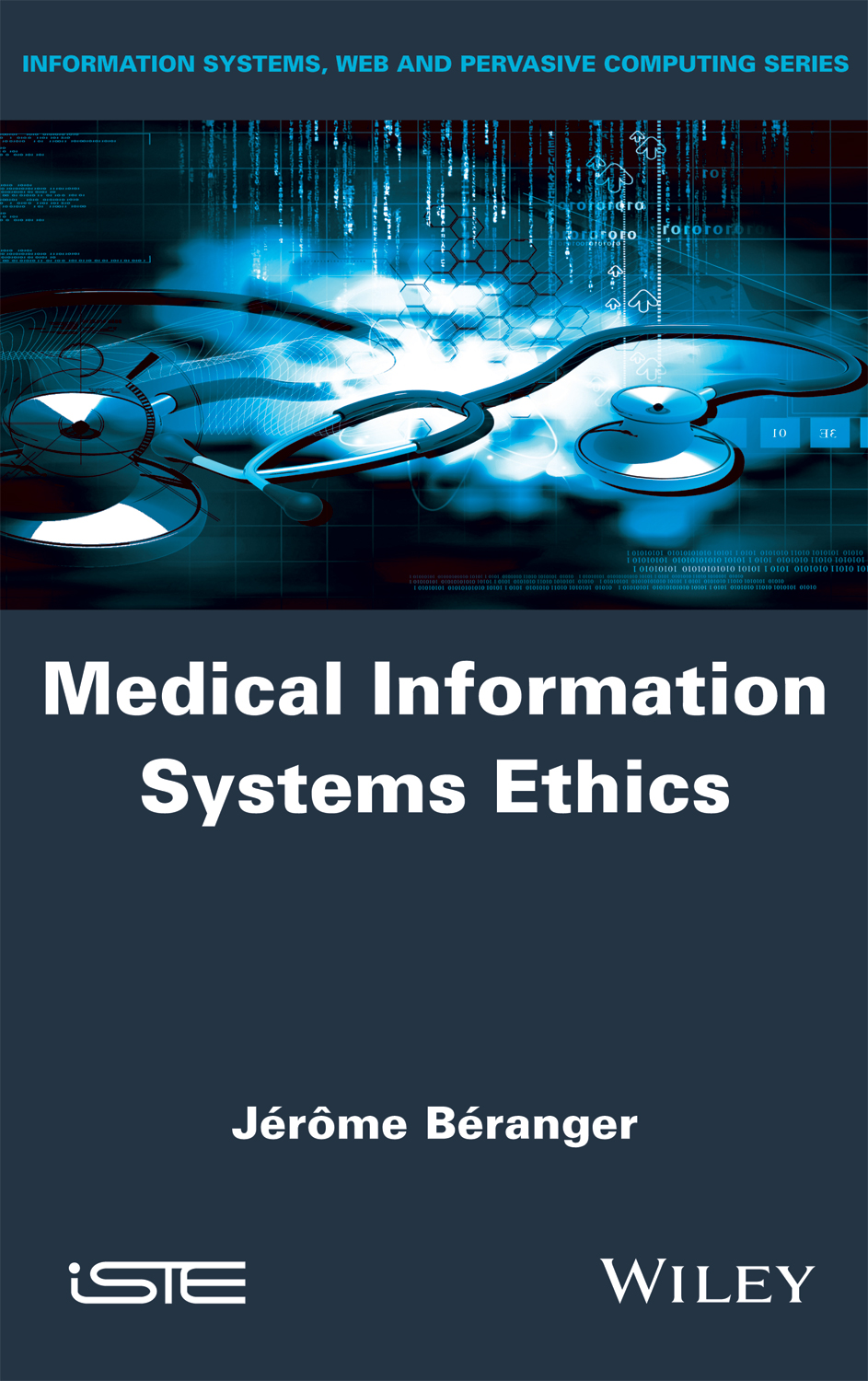
The exponential digitization of medical data has led to a transformation in the practice of medicine. This evolution gives rise to a new complexity of problems surrounding health NICT. Good usage of communication tools – telemedicine, e-health, m-health, medical big data – should enable us to improve the quality of care and responsibility of patients […]
The exponential digitization of medical data has led to a transformation in the practice of medicine. This evolution gives rise to a new complexity of problems surrounding health NICT. Good usage of communication tools – telemedicine, e-health, m-health, medical big data – should enable us to improve the quality of care and responsibility of patients for an information system with a “human face”.
Faced with these issues, Medical Information Systems Ethics analyzes, from an ethical angle, the medicine patient relationship, and the sharing, transmission and storage of medical information, establishing the basis of a set of ethics specific to the digitization of medical information. Based on the recommendations of good practices closely associated with values, this model discusses how we can understand the decisional issues that take into account both technological constraints and the complex character of the human reality of medicine.
1. The Emergence of Medical Information in the face of Personal and Societal Ethical Challenges.
2. Ethical Modeling: From the Design to the Use of an Information System.
3. Uses of this Ethical Model.
4. Ethics-Oriented Personalized Medicine.




